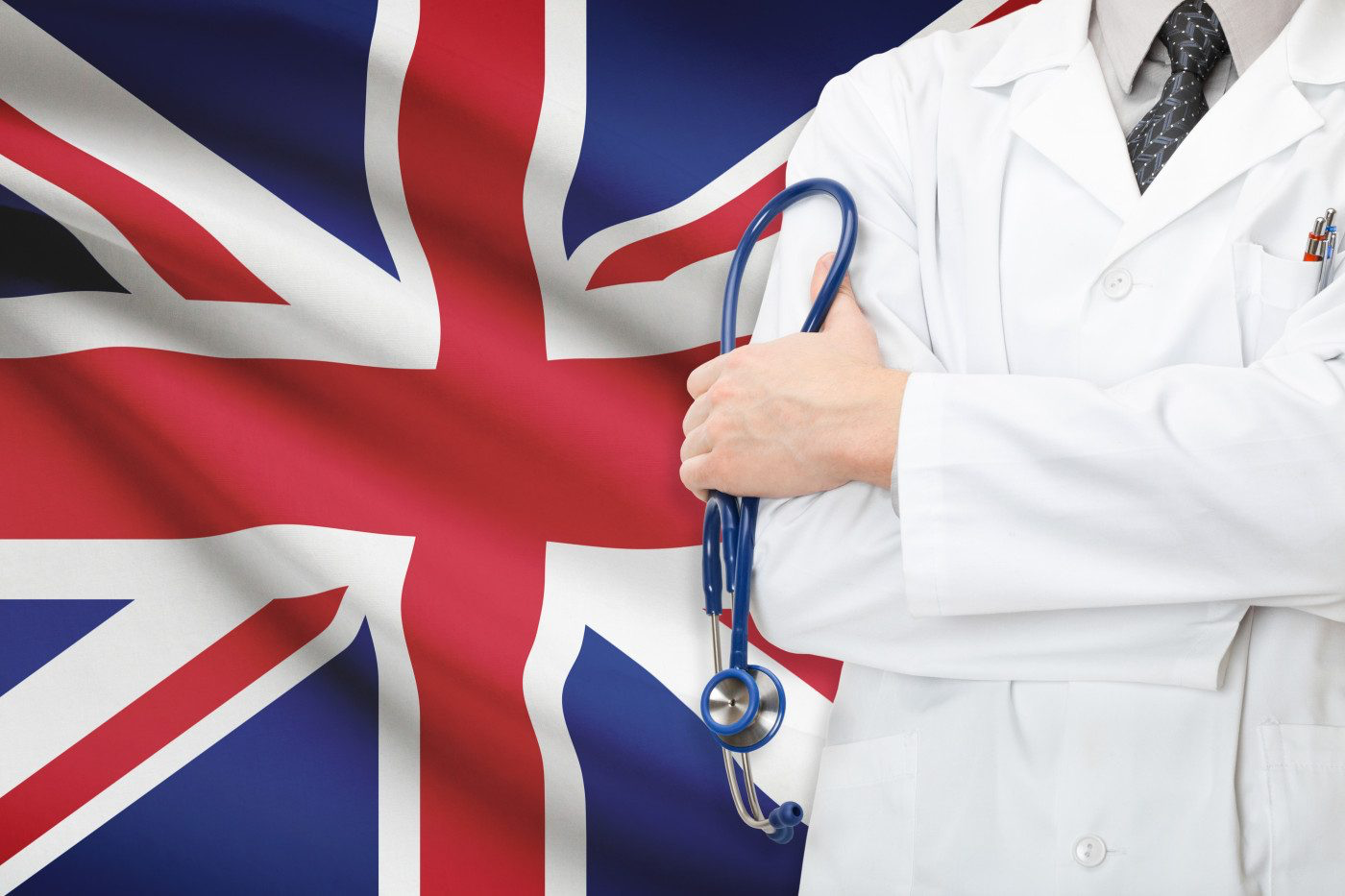NICE Again Says No to Adding Zeposia to Health System for England and Wales
Written by |

The National Institute for Health and Care Excellence (NICE) has maintained its initial draft recommendation and will not recommend that Zeposia (ozanimod) be added to the National Health Service (NHS) of England and Wales.
This final decision on the cost effectiveness of the oral therapy means Zeposia will not be available at low or no cost to adults with active relapsing-remitting multiple sclerosis (RRMS) in these two countries, according to a press release by the MS Trust, the U.K. patient advocacy group.
In Scotland, however, the treatment is available through the NHS. The Scottish Medicines Consortium, an equivalent agency also deciding if an approved therapy should be admitted to the country’s public health plan, gave Zeposia a green light in February.
NICE’s final decision follows a re-evaluation by its appraisal committee of evidence and comments posted on its website after the initial, disfavorable draft opinion.
In its final document, NICE recognized the superiority of Zeposia to Avonex (interferon beta-1a) at reducing the frequency of relapses and the number of brain lesions in RRMS patients, as shown in the SUNBEAM (NCT02294058) and the RADIANCE (NCT02047734) trials.
But evidence was “unclear” as to Zeposia’s ability to slow disability progression. As such, and because “cost-effectiveness estimates are higher than what NICE normally considers an acceptable use of NHS resources,” the agency announced, “ozanimod is not recommended.”
The list price for Zeposia is £1,373 (about $1,935) per maintenance pack of 28 capsules, NICE noted in its report, and while this was not the price the NHS would have paid, it was still not cost-effective.
Zeposia — developed by Celgene, now a subsidiary of Bristol Myers Squibb — is an oral treatment taken once a day, providing an advantage relative to other disease-modifying therapies for RRMS, the MS Trust noted.
“As a once daily tablet with few side effects, ozanimod offers advantages over existing treatments and would have increased choices for people with relapsing remitting MS and their doctors,” said David Martin, CEO of MS Trust. “People who don’t want or are unable to self-inject or travel to hospital infusion clinics have limited options.”
NICE’s decision also comes as a disappointment to the MS Society, which joined other groups in providing evidence of Zeposia’s benefits during the post-recommendation comment period.
“This rejection also highlights the inequities in access to treatments … Effective MS treatments should be made available for everyone living with MS regardless of where they live in the UK,” Fredi Cavander-Attwood, policy manager at the MS Society, said in a separate press release.
Cavander-Attwood’s comments specifically referred to Zeposia availablility at low or no cost through the NHS to patients in Scotland.
The MS Trust added in its release that, while the NICE decision is final for the England and Wales, it will continue to work with Bristol Myers and others to improve therapy choices.
“We remain fully committed to supporting people with MS to get the best and most appropriate treatment for them,” the organization wrote.


